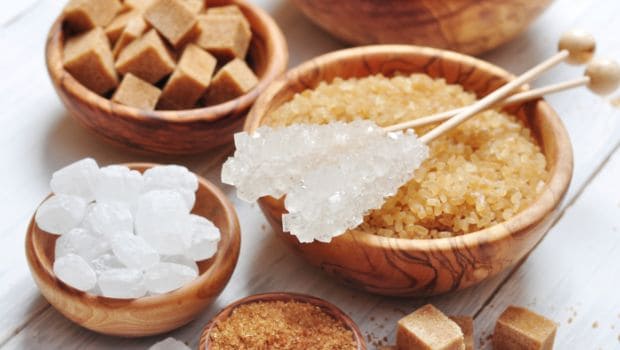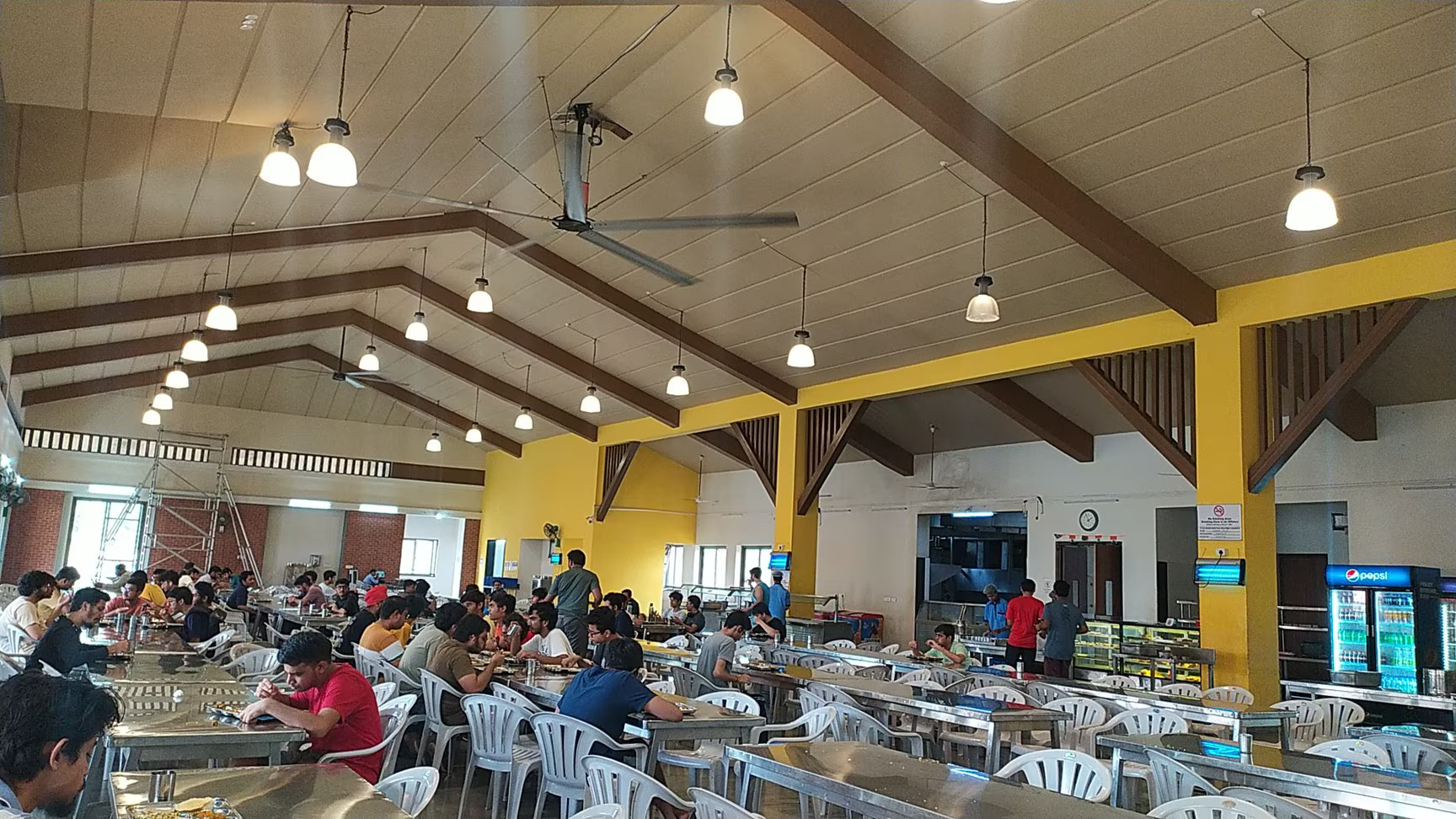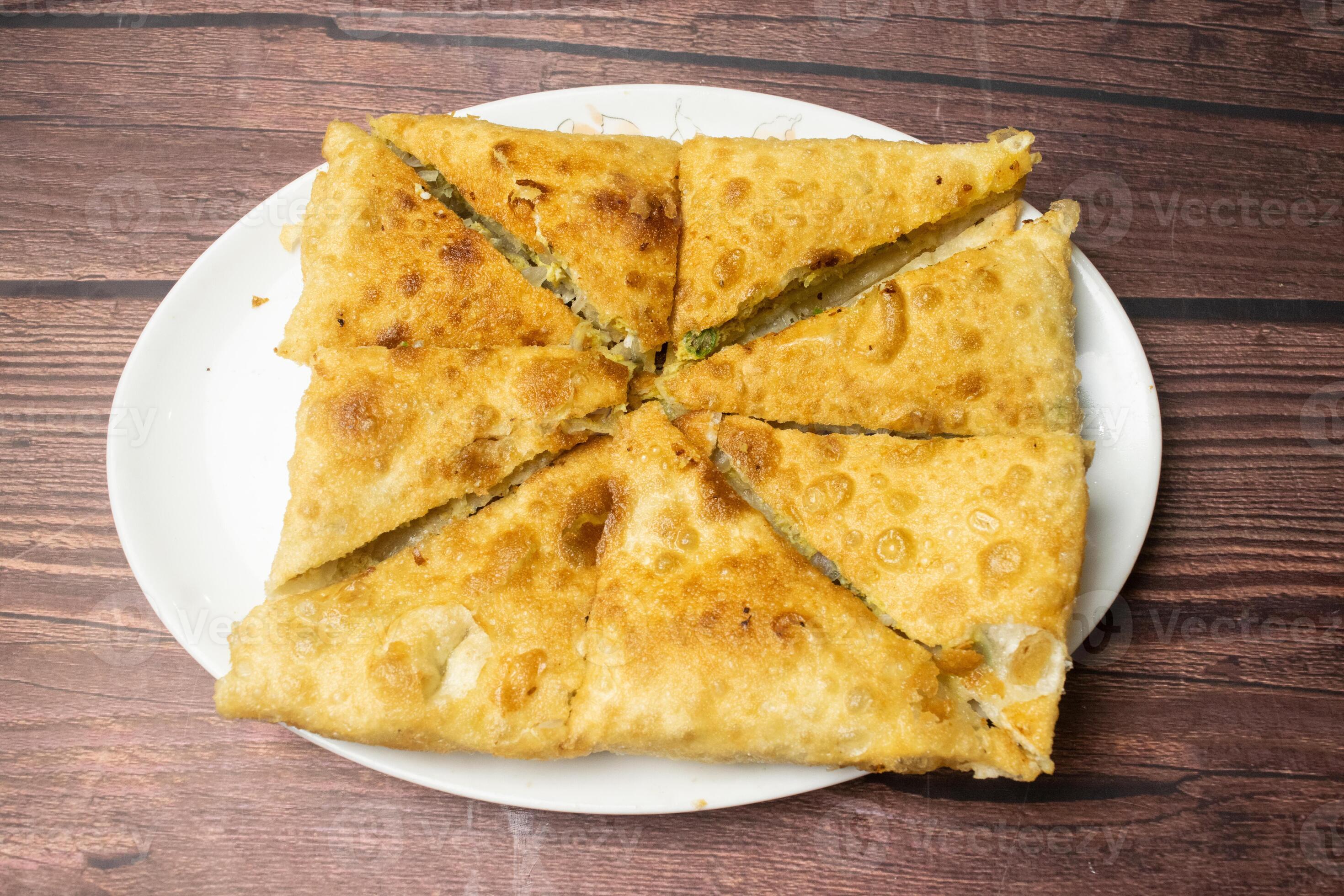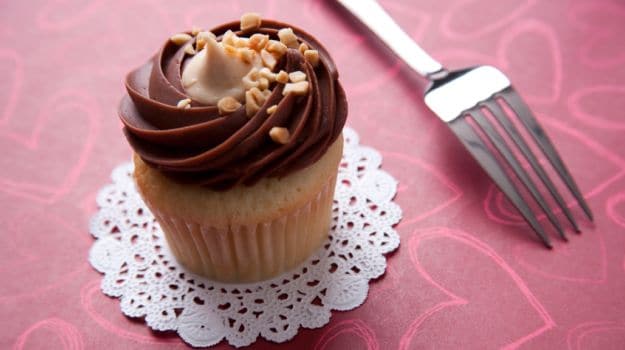Most of us have had to fight a
sugar attack sometime or the other. It has killed our diet plans and has left us guilty. But have we ever wondered why we crave sugar? A new study, published in the journal Cell
Metabolism seems to have found the real reason and it's not as easy as the love of sweets. There's is a strange science behind. Through their study, researchers at the University of Copenhagen, have discovered for the first time the molecular mechanisms that may be able to explain why some people have a sweet tooth. Craving sugar? Blame your liver!According to them, people with certain specific gene that makes a hormone called FGF21 are 20 per cent more likely to enjoy sweets than the others. The hormone is produced by the
liver and has a major impact on our eating behaviour. In their previous study, conducted in 2015 on rodents, they have already established that the hormone FGF21 also impacts the reward center of the brain and in their current study they aimed at exploring the role of the hormone in human sweet consumption. To prove their point, experts studied 6500 Danish individuals and found that people who has two specific FGF21 variants, which are rs838133 and rs838145, were much more likely to harbour love for sweets. The researchers explain that once the food has been
digested by the stomach, it is sent to the liver. They believe that the liver secretes several hormones that can govern our food choices. For their study, the team collected data on the dietary intake and measures of
cholesterol and
glucose in the blood for all participants. The FGF21 hormome levels were measured twice - once after a 12-hour fast, and then again after the participants drank sugary water which was equivalent to two cans of a fizzy drink. Surprisingly, it was seen that people who were not fond of sweets had fasting FGF21 blood levels 50% higher than the others. On the other hand, when the participants drank sugar-laced water, the FGF21 blood levels rose to the same level for people who disliked sweets and those who liked sweets. The results of the study indicate that the hormone FGF21 may be a "negative regulator" of sweet consumption in humans. They also found a link between the hormone and smoking and alcohol consumption but further studies are required to validate the same.
(Also read:
How to Manage Your Sugar Intake)
How to control sugar cravingsIt's hard to resist that creamy cupcake or that chocolaty ice-cream but there are ways to do so. It is alright to indulge every once in a while but remember that most of the sweets you like contain refined sugar which is nothing but a source of empty calories (with no nutritional value) and one of the biggest contributors to obesity and weight gain. One way could to have a contrasting flavour when you crave sugar like spicy nuts or citrus fruits. Also, sugar cravings are the strongest after a meal or few hours after it because your blood sugar tends to dip. Make sure you have small but frequent meals (preferably every three hours) through the day. According to Celebrity Nutritionist, Pooja Makhija, sugar cravings are a sign of hunger or the fact that you are depriving your body of the calories that you need. Therefore, she suggests that you never skip a meal and start with a protein-rich breakfast. Inadequate sleep is another factor that can make you crave sugar as your brain secretes hormones that regulate the blood sugar levels in your body. When it doesn't get enough rest, the brain may not be able to function at its optimum level and that can have an impact on your body and what it needs. Lastly, keep your self hydrated at all times as the body tends to confuse thirst with hunger. Grab a fruit juice or a bowl or fruits whenever that sugar craving strikes!















